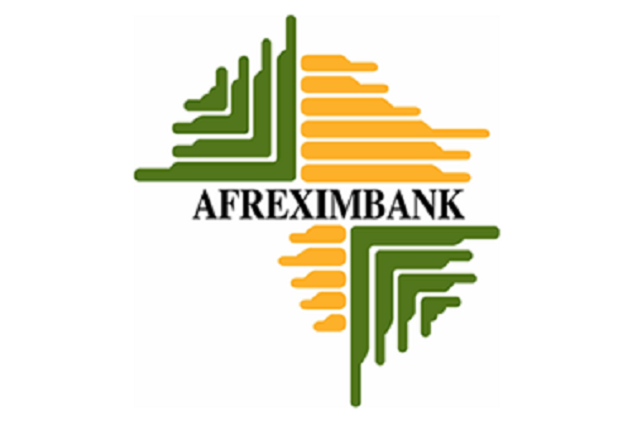AfDB, Afreximbank call for increased Africa trade financing

Oliver Kazunga, Senior Business Reporter
THE African Development Bank (AfDB) and AfreximBank have noted the urgent need for increased trade financing to boost the continent’s economy on the back of shocks induced by the outbreak of the Covid-19.
The deadly pandemic was first detected in China last December and has spread across the world including Africa where it has so far claimed close to 34 000 lives from 1,4 million confirmed cases.
According to a joint report released by AfDB and AfreximBank, there is an urgent need for increased financing to re-energize Africa’s trade. The report, which is titled, “Trade Finance in Africa: Trends Over the Past Decade and Opportunities Ahead,” states that only 40 percent of the continent’s trade was bank intermediated compared to the global average, which is twice that much.
“Only 40 percent of Africa’s trade is bank-intermediated – a far lower share than the global average of 80 percent. The trade finance gap also remains unacceptably high at US$81 billion in 2019.”
The report notes the above were some of the structural challenges that hinder the banks’ ability to effectively intermediate Africa’s trade with the world. The latest report, which builds on two previous studies released in 2014 and 2017, is based on a survey of over 600 unique commercial banks in 49 countries across Africa for 2011-19. It sets out as a benchmark for trade finance in Africa before the Covid-19 crisis, and recommends policy responses to the industry in the wake of the pandemic.
“With the on-going Covid-19 pandemic, the need for financing to re-energize the region’s trade is urgent. The good news is that development finance institutions (DFIs), including AfDB, are playing a more active role in supporting the trade finance industry in Africa,” reads part of the report.
According to AfDB, more than half of banks in Africa engaged in trade finance activities between 2015 and 2019 received support from DFIs to expand their transactions. This is despite the fact that DFI support is skewed towards particular sub-regions and financial intermediaries – mainly foreign-owned private banks.
The report made recommendations to boost trade finance supply in Africa, including raising awareness about the impact of stringent regulatory requirements on sector intermediaries and addressing geographical and institutional disparities in DFI support to the sector.
AfDB director of the financial sector development department, Mr Stefan Nalletamby, noted that the report series had become the main reference document for the industry on the continent.
“We hope that the findings of this report will motivate policymakers and industry experts to devise and implement strategies to make trade finance more accessible to African traders, especially small to medium enterprises in fragile states and low-income countries,” he was quoted as saying.
-@okazunga












Comments